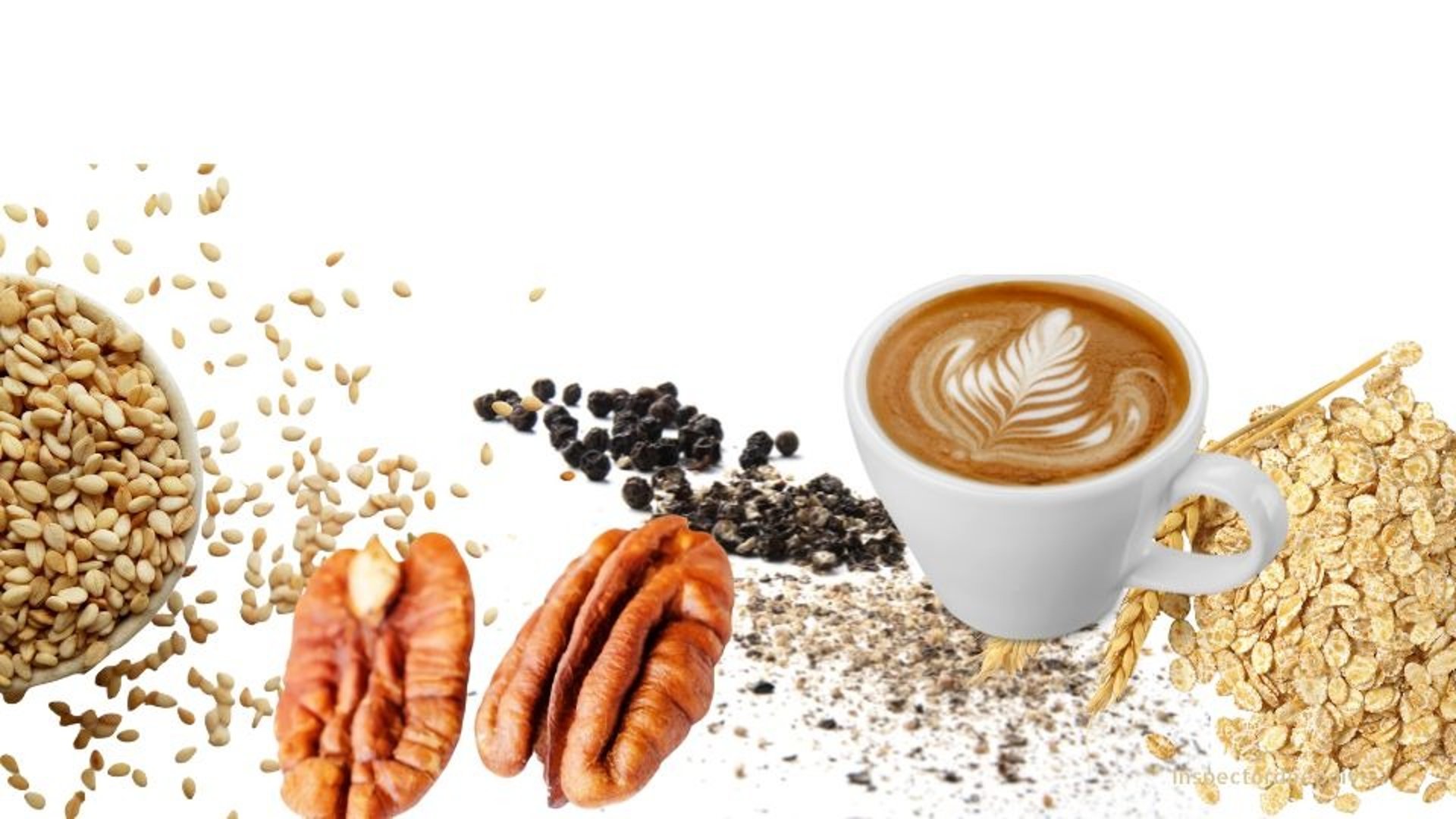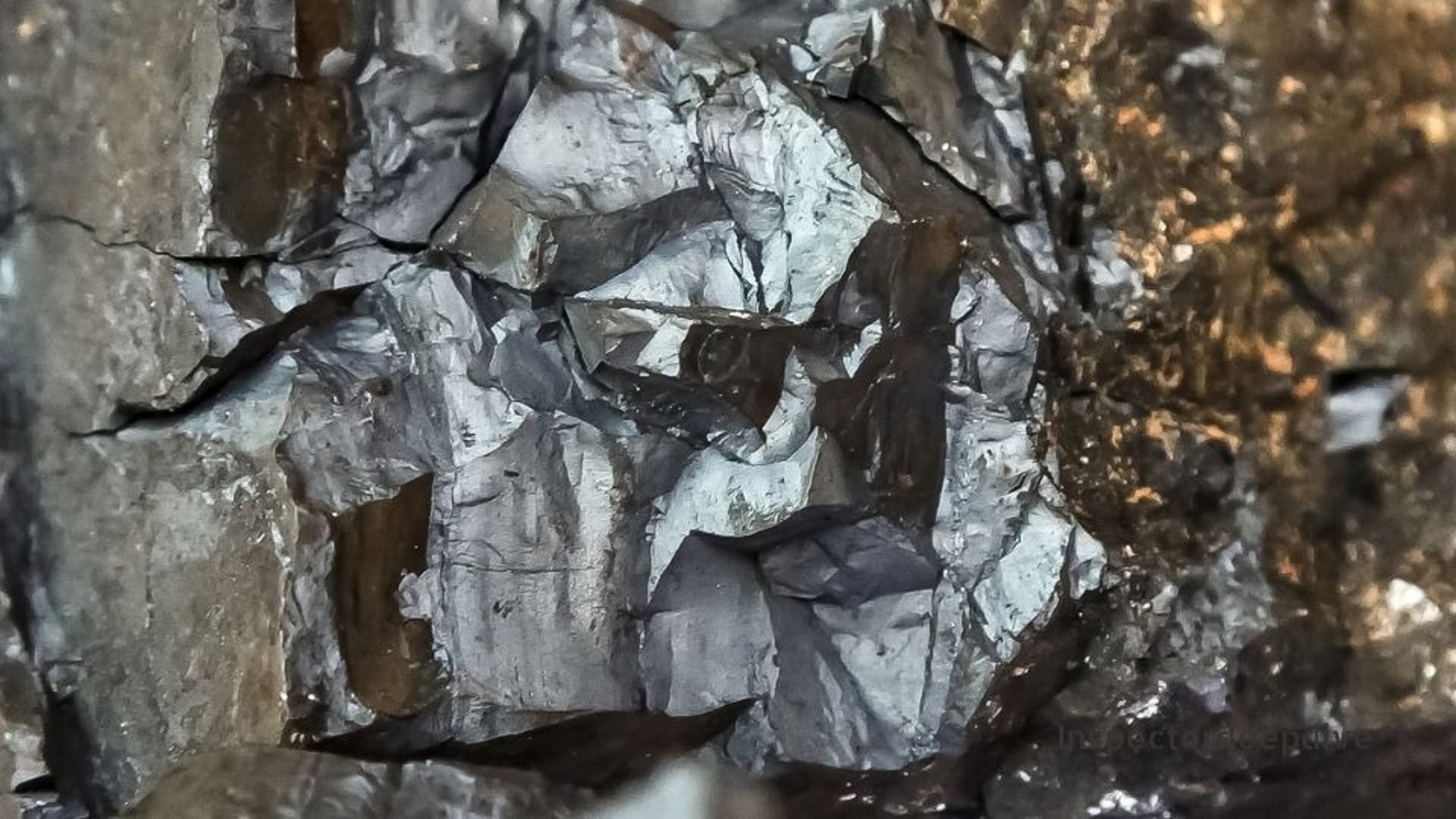
Manganese for Health: Benefits, Metabolism and Food Sources.

Manganese for Health: Benefits, Metabolism and Food Sources.
What is Manganese
Manganese: an essential trace mineral that acts as a cofactor for enzymes involved in carbohydrate, amino acid, cholesterol metabolism, bone formation, antioxidant defense (manganese superoxide dismutase), and blood clotting.
What manganese does in the body
Metabolism: assists enzymes (e.g., pyruvate carboxylase) that help process carbohydrates, proteins, and cholesterol.
Bone development: supports enzymes needed for proteoglycan synthesis and bone formation.
Antioxidant defense: is a component of mitochondrial superoxide dismutase, protecting cells from oxidative damage.
Wound healing and clotting: works with vitamin K–dependent pathways in hemostasis.
Reproduction and immune function: contributes to normal reproductive and immune processes.
Top food sources
Shellfish: mussels, oysters, clams.
Nuts: hazelnuts, pecans.
Whole grains: brown rice, oatmeal, whole-wheat bread.
Legumes: soybeans, chickpeas, lentils.
Leafy greens & vegetables: spinach, kale.
Seeds & spices: black pepper, sesame.
Tea & coffee: contribute appreciable amounts in some diets.
Note: whole, minimally processed foods provide the most reliable manganese intakes.
Daily intake recommendations and safety limits
Adult men (19+): 2.3 mg/day (AI).
Adult women (19+): 1.8 mg/day (AI).
Pregnancy: 2.0 mg/day.
Lactation: 2.6 mg/day.
Tolerable upper intake level (adults): 11 mg/day.
Manganese deficiency is rare in well-nourished populations; chronic intakes above the UL increase risk of adverse effects.
How manganese is absorbed and regulated
Absorption site: absorbed in the small intestine (active transport and possibly diffusion at high intakes).
Bioavailability: generally low (only a small fraction of dietary manganese is absorbed); absorption increases at low intakes and decreases at high intakes.
Excretion: mostly excreted in bile and eliminated in feces; liver function strongly affects manganese clearance.
Interactions: iron status influences manganese absorption (low iron can increase manganese uptake); high dietary iron may reduce manganese absorption.
Signs of adequate status
Energy & metabolism: normal carbohydrate processing and energy production.
Bone health: normal growth and bone maintenance.
Antioxidant protection: adequate cellular defense against oxidative stress.
Because reliable clinical biomarkers are limited, assessment combines diet, symptoms, and clinical context.
Symptoms of deficiency
Skeletal issues: impaired bone growth or low bone density (mostly shown in animal studies).
Metabolic changes: altered lipid and carbohydrate metabolism; possible glucose tolerance effects.
Dermatologic & reproductive signs: rare skin changes and reproductive effects reported in severe experimental deficiency.
Deficiency in humans is very uncommon and usually appears only with extreme dietary restriction or specific clinical conditions.
Symptoms and risks of excess
Neurologic effects: tremors, muscle spasms, impaired coordination (similar to Parkinson‑like symptoms) with high exposures, especially by inhalation or in occupational settings.
Other effects: headache, mood changes, and reduced motor function; people with liver disease are at higher risk because they clear manganese less effectively.
Avoid chronic high-dose supplementation; dietary sources rarely cause toxicity.
Who may benefit from monitoring or supplementation
People on long-term parenteral nutrition or with restricted diets that lack whole grains/nuts.
Individuals with documented deficiency confirmed by clinical assessment.
Patients with certain clinical needs under clinician guidance (e.g., some wound-healing protocols).
Most healthy people obtain adequate manganese from food and do not need routine supplements.
Supplement forms and practical dosing
Common forms: manganese sulfate, manganese gluconate, manganese aspartate, manganese bisglycinate (chelate).
Typical supplemental ranges in multivitamins: 1.0–4.5 mg.
Therapeutic/adjunct ranges: some supplements deliver 5–20 mg use only with medical supervision.
Practical rule: aim to meet needs by diet first; if supplementing, keep total intake below the UL (11 mg/day for most adults) unless supervised by a clinician.
Drug and nutrient interactions
Iron: iron and manganese compete for shared transporters; iron deficiency can increase manganese absorption.
Antibiotics: manganese supplements can interfere with absorption of certain antibiotics if taken concurrently; check timing.
Liver disease: impaired biliary excretion heightens manganese accumulation risk avoid unnecessary supplements.
Cooking and processing effects
Whole grains and nuts: provide concentrated manganese minimal processing preserves content.
Boiling/processing: may leach some minerals into cooking water; using cooking liquid (soups) conserves nutrients.
Fortified foods: may contribute small amounts depending on product.
Myths and misconceptions
More manganese = better bones: false adequate intake supports bone enzymes, but excess offers no added benefit and may be harmful.
Manganese is only an industrial toxin: false at dietary levels it's essential; toxicity is primarily a concern with high occupational/inhalation exposure or excessive supplementation.
Supplements always fix problems: false supplementation without clinical need can cause imbalance and risks.
How to track intake and assess status
Diet tracking: use nutrition apps or food composition tables to estimate manganese from whole grains, nuts, legumes, and tea.
Clinical testing: blood/serum manganese or whole-blood measures exist but are variable and influenced by exposure and inflammation interpret with clinical context.
Clinical approach: review diet, symptoms, liver health, and risk factors with a healthcare provider before supplementing.
Final takeaways
Manganese: essential at small amounts for carbohydrate metabolism, bone formation, and antioxidant defense. Most people meet needs through a varied diet rich in whole grains, nuts, legumes, shellfish, and vegetables. Deficiency is rare; avoid high-dose supplementation and be cautious if you have liver disease or occupational exposure. Aim for balanced intake and consult a clinician before using supplements.
info@inspectordeepdive.com
© 2025 food.InspectorDeepDive.com. All rights reserved. Content may not be copied or republished without permission.
This article is for informational purposes only. InspectorDeepDive.com does not provide medical advice. Always consult a licensed healthcare provider before making dietary or health decisions.
